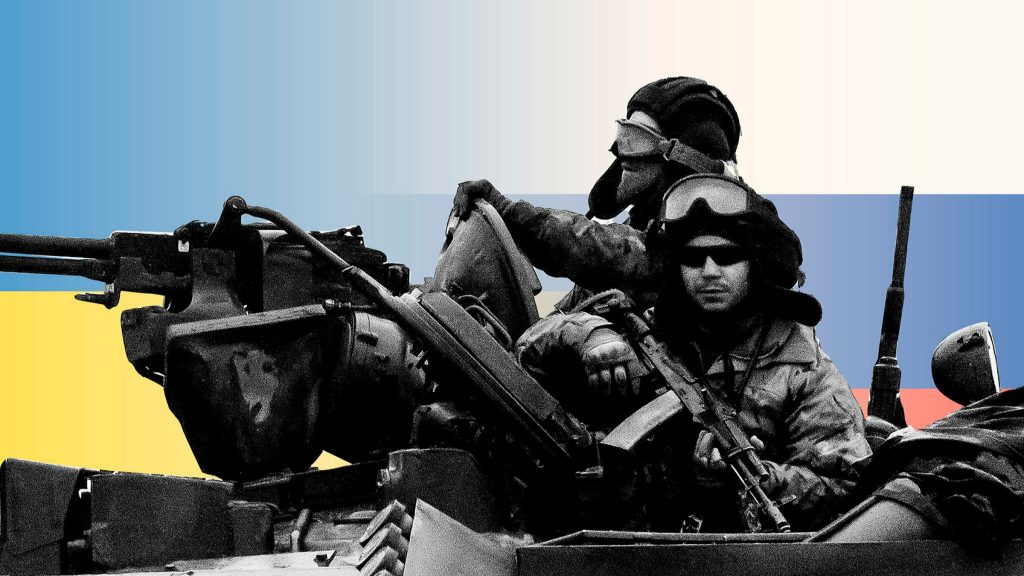
South Africa’s envoy to Ottawa, Rieaz Shaik, has urged Canada to use its influence to broker an end to the war in Ukraine, rather than providing military support to Kyiv. Shaik argues that sending arms will only prolong a dangerous conflict that is exacerbating hunger in developing countries. He urged the Trudeau government to drastically change its course on its most central foreign policy issue, and to reflect on Canada’s contributions to peace in the world. Shaik’s comments come as 32 countries, including South Africa, have abstained from UN votes calling on Russia to end its invasion of Ukraine.
While Canada and other G7 countries have pledged to support Ukraine for as long as it takes, the majority of the world’s population lives in countries that have not outright condemned Russia for the invasion. Some of these countries depend on trade with Russia, while others seek good relations with Washington, Moscow, and Beijing. Soviet support for anti-colonial movements also prompts some to voice support for Moscow, despite Ukraine’s history as part of the Soviet Union.
Shaik insists that South Africa opposes the invasion of Ukraine and that the territorial integrity of Ukraine must be maintained. He argues that the UN Security Council must broker a resolution to the conflict, even if it requires reform of an institution that has largely followed the same rules since 1945 and gives Russia veto powers. Shaik believes that this approach will bear more fruit than refusing to undertake peace talks until Russia returns all occupied territory.
Shaik also argues that Moscow’s security interests should be better acknowledged, and commitments made to alleviate its concerns, subject to agreed-upon mechanisms to ensure it respects Ukraine’s borders. This was the idea behind the 2014 and 2015 Minsk ceasefire agreements, which Shaik argues were not respected by both sides, but which Ukraine argues left the country vulnerable to further invasion. Shaik suggests that a much more productive response would be to remove Putin’s fear of NATO expansion, rather than perpetuating the bogeyman narrative, which creates fear and produces cruelty.
Shaik concludes that any reconciliation process must acknowledge the wrongdoings of both sides. The UN Human Rights Monitoring Mission in Ukraine has documented mistreatment of Russian prisoners of war, but documented abuse at the hands of Russian soldiers is more common. South African authorities will have to grapple with whether to enforce an International Criminal Court warrant against Russian President Vladimir Putin if he follows through on plans to attend the BRICS Summit in Johannesburg this August. Ottawa has blamed Russia for driving up living costs and distracting the global community from dealing with climate change. Canada’s ambassador to the UN, Bob Rae, argues that not laying such blame will set a precedent for other countries to violate sovereignty.